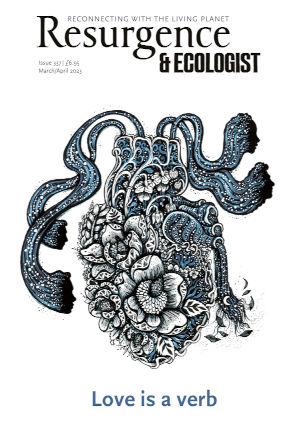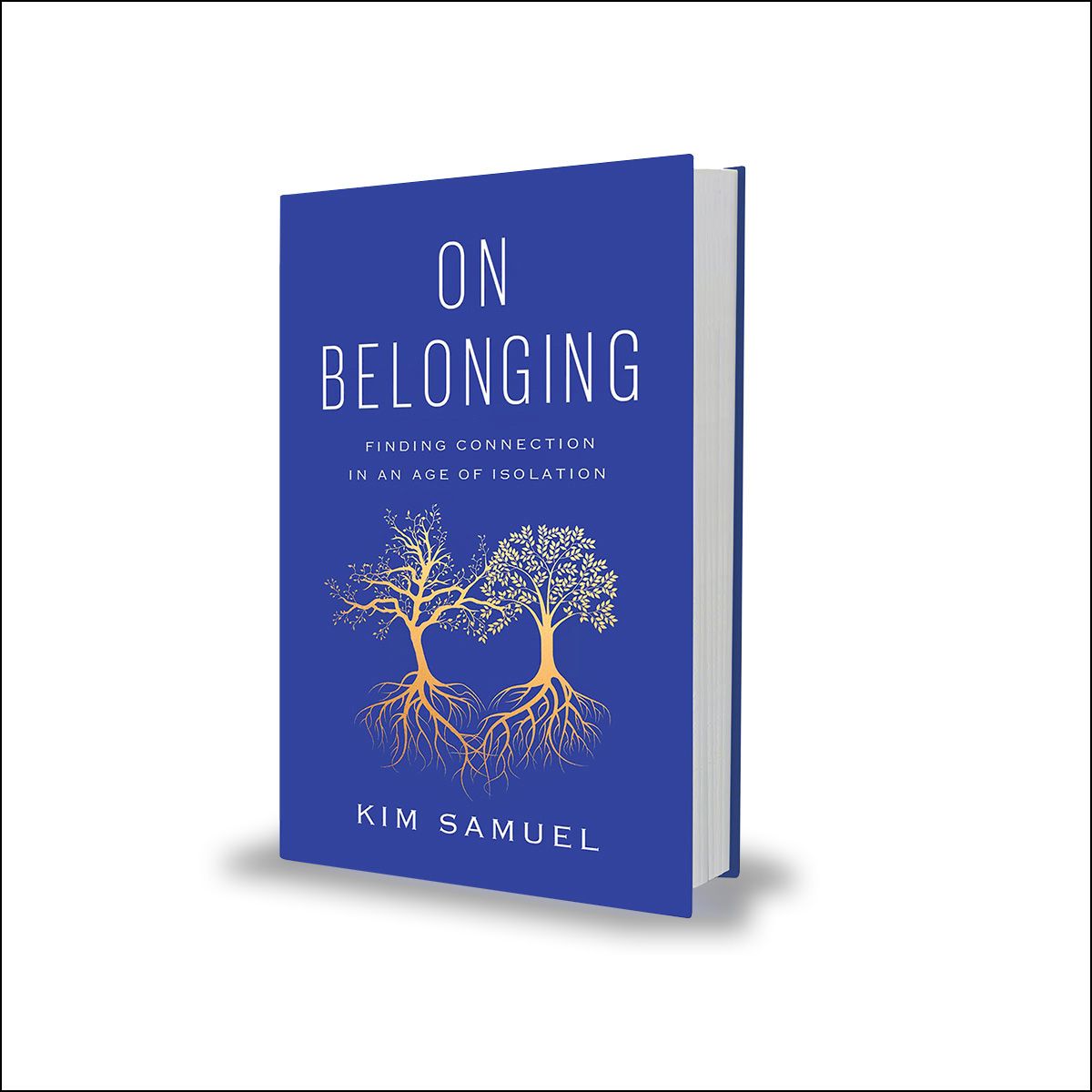It is a self-evident truth that humans are social beings. A sense of belonging is natural to us.
Isolation is an anomaly. Harmony is a state of health, and disconnection is a disease. We like friendship, family and community. Yet in our industrialised, urbanised and individualistic civilisation a growing number of people are left out of connectivity and community. So many of our fellow citizens suffer from an acute sense of isolation. Kim Samuel, in her new book, On Belonging, addresses this painful problem with great empathy.
To write this timely book, Samuel met and interviewed many people, from Nelson Mandela to the poet Kathleen Raine, engaging with them in wide-ranging dialogues and conversations to discover the causes and consequences of isolation, and meaningful solutions to the problem.
Although our hearts desire to connect and relate, we are brainwashed by our education, our media and our politics to think in terms of division and disconnection. This culture of separation creates discord rather than unity and interdependence. Some people disconnect and isolate themselves in the name of opposing economic and political systems, in the name of different nationalities and religions, in the name of class and caste hierarchies, and in the name of so many other labels. Others suffer from forced social isolation.
In this context Samuel’s vision of belonging is urgently needed to heal the wounds caused by isolation and separation. Either we swim together, or we sink together. Samuel’s voice is a voice of wisdom. No one needs to feel isolated, adrift or alone on this beautiful planet Earth and among compassionate human communities.
At a time when the world is facing ecological degradation, spiritual poverty and social discontent, the need for solidarity is greater than ever. All our thriving is mutual. All our work is co-creation. We need to rise above our ego-driven pursuit of personal success and seek to support each other.
The magnificent message of this book is that we need to both celebrate human dignity and embrace human diversity. We must build a paradigm of partnership and relationship if we are to overcome our fear of the future and our anxiety about the present, both of which are causing us to disconnect and isolate.
We long to belong. When we belong, we are happy. When we discover belonging, we discover love: love of Nature, love of people, and love for ourselves. Love, then, is the solution to the problem of isolation.








